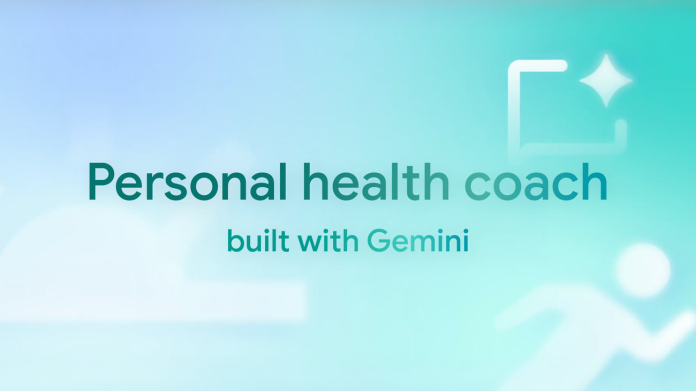Small business owners constantly seek innovative ways to enhance productivity and well-being—both personally and within their teams. In a move that could significantly impact wellness initiatives in the workplace, Fitbit has announced the public preview of its AI-powered personal health coach, set to roll out for eligible Android users in the U.S. starting tomorrow, with iOS users to follow soon.
The AI health coach merges features of a fitness trainer, sleep advisor, and wellness consultant into one easily accessible platform. It aims to motivate users on their health journeys, providing personalized insights that can help improve overall work-life balance. The tool is powered by Gemini, an advanced AI technology that customizes programs according to individual needs and preferences.
“This is a brand new experience…initially, there will be some gaps, but you’ll see regular improvements and communication from us when we add, change or improve features and capabilities,” Fitbit representatives stated. This commitment to iterative development means the platform will evolve based on user feedback, which is invaluable for small businesses seeking solutions that meet specific organizational needs.
The value of such a tool for small business owners can’t be overstated. With health-related issues being one of the leading causes of absenteeism in the workplace, a product that encourages physical activity and healthier sleep patterns can directly enhance productivity. Providing employees access to a health coach could serve as a preventive measure, reducing workplace stress and healthcare costs.
Practical applications could range from using the tool to promote physical fitness challenges among employees to offering it as part of a comprehensive employee wellness program. These initiatives not only have the potential to improve employee morale but can also strengthen team bonds and foster a culture of health in the workplace.
However, small business owners should also weigh the potential challenges of adopting such technology. One of the crucial aspects to consider is the initial gap between the functionality available in the public preview and the full capabilities that will evolve over time. While Fitbit aims to make regular updates based on user feedback, businesses should brace for a steep learning curve as employees adapt to this new tool.
Additionally, maintaining open lines of communication about features and improvements will be vital. Fitbit has established a community forum where users can learn about updates and suggest features, an essential resource for businesses eager to maximize the value of the new health coach. However, those who choose to dive into the public preview should prepare for the necessity of providing constructive feedback.
Moreover, data privacy and security will be top-of-mind for small businesses considering this technology. Owners need to ensure they are comfortable with how employee data will be managed and utilized by Fitbit, as incorporating such tools often requires transparency and trust.
In essence, Fitbit’s AI-powered personal health coach is a promising innovation for small businesses aiming to cultivate a healthier workplace. Though the public preview may initially present challenges, the potential benefits—promotion of employee wellness, enhanced productivity, and reduced absenteeism—make it a tool worth exploring.
Interested small business owners can find out more by visiting the original post here. This development is just the beginning as Fitbit engages users to refine and enhance an offering that may well redefine wellness in the workplace.
Image Via Gemini



